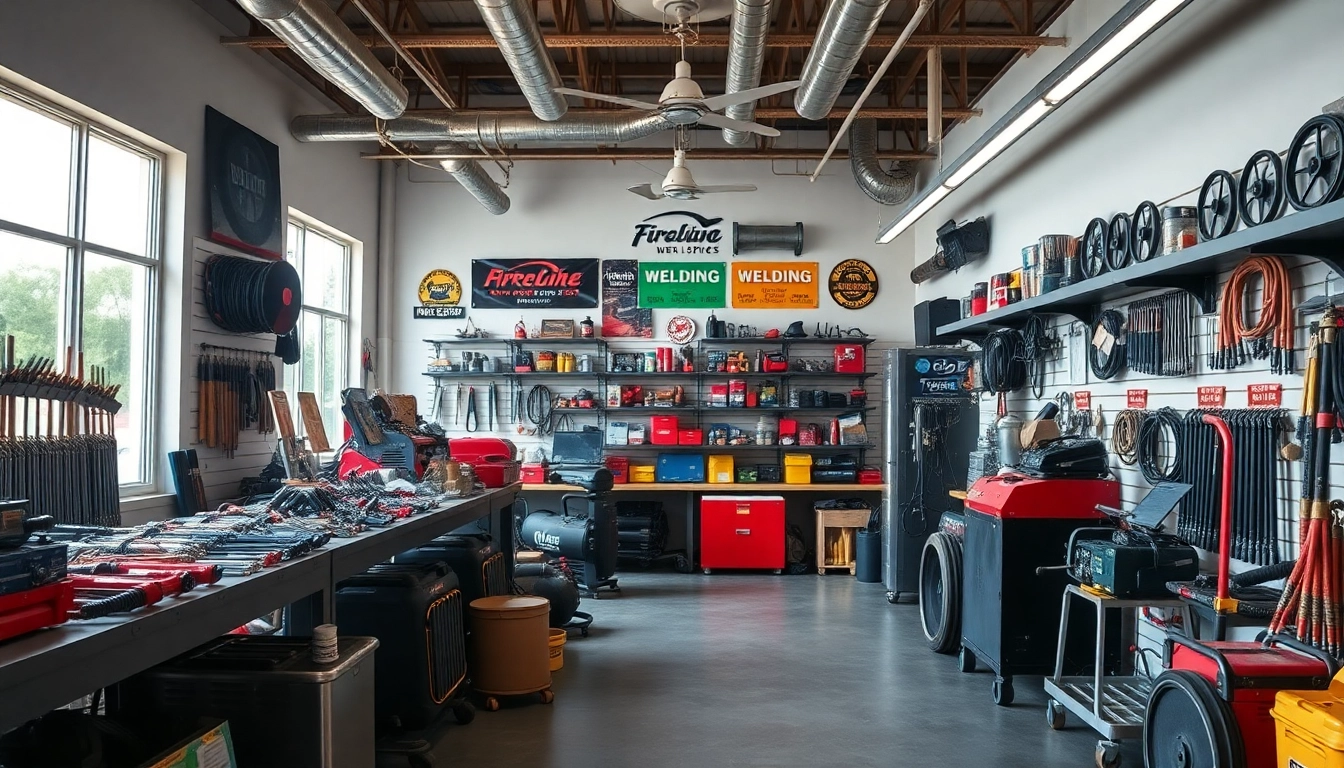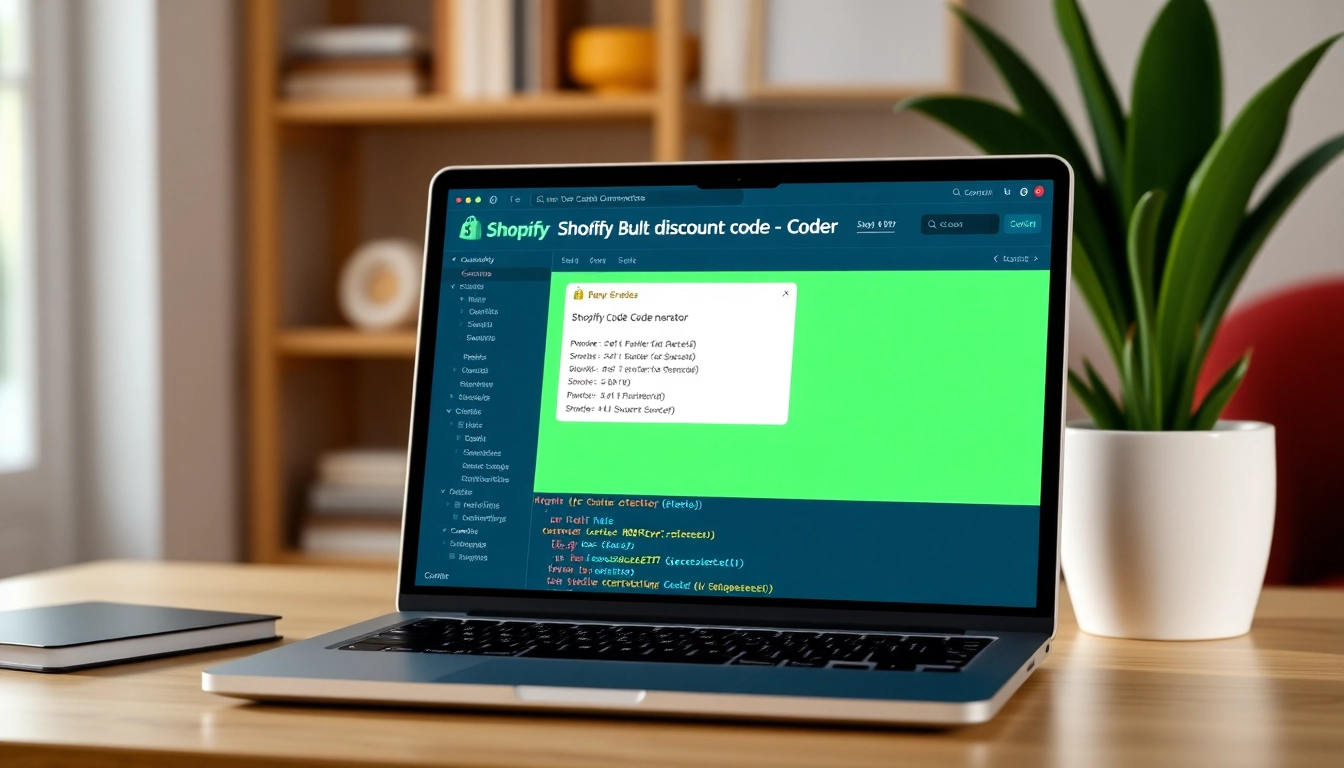Understanding FBA Wholesale Basics
The world of e-commerce has rapidly evolved, and one of the most profitable avenues for aspiring entrepreneurs is the fba wholesale model. This method leverages Amazon’s fulfillment network to distribute products efficiently while minimizing operational overhead. By utilizing Fulfillment by Amazon (FBA), sellers can focus more on growing their business and less on logistics. In this comprehensive guide, we will delve into the fundamentals of FBA wholesale, how to identify reputable suppliers, strategies for sourcing products, maximizing profits, and overcoming common challenges faced by sellers.
What is FBA Wholesale?
FBA wholesale involves purchasing products in bulk from manufacturers or distributors and then reselling them on Amazon. FBA allows sellers to store their products in Amazon’s warehouses, where the company handles storage, packaging, shipping, and customer service. This means that when a customer places an order, Amazon takes care of everything from picking the product to shipping it directly to the consumer, thereby streamlining the selling process.
Benefits of FBA Wholesale for Sellers
- Access to a Massive Audience: Amazon boasts millions of active customers. By using FBA, sellers can tap into this vast audience, increasing the potential for sales.
- Prime Eligibility: Products fulfilled by Amazon are eligible for Amazon Prime, which can significantly increase purchase likelihood due to faster shipping options.
- Reduced Operational Burden: Outsourcing logistics means sellers can focus on sourcing quality products and marketing their listings rather than handling shipping and customer relations.
- Scalability: With FBA, businesses can scale quickly without the need for additional warehousing or manpower, as Amazon manages fulfillment.
Common Misconceptions about FBA Wholesale
Despite its advantages, several misconceptions can deter potential sellers from pursuing FBA wholesale:
- High Fees: While FBA does incur fees, careful product selection and pricing strategies can lead to substantial profitability.
- Complexity: Many believe that FBA operations are overly complicated. However, Amazon provides comprehensive resources, tutorials, and a user-friendly platform that simplifies the process.
- Overdependence on Amazon: While selling on Amazon is advantageous, it’s recommended to diversify sales channels over time to mitigate risks associated with platform changes.
Finding Reliable Suppliers for FBA Wholesale
The success of an FBA wholesale business hinges significantly on finding reliable suppliers. Identifying the right partners can make a substantial difference in product quality, pricing, and overall profitability.
Researching Potential Suppliers
Start by identifying potential suppliers who offer your desired products. This research phase can involve:
- Online Directories: Platforms like TradeKey, Alibaba, and global sourcing websites can help locate suppliers worldwide.
- Industry Trade Shows: Attending trade shows can provide direct access to suppliers while allowing you to assess product quality firsthand.
- Networking: Building relationships with industry peers can lead to valuable supplier recommendations.
Evaluating Supplier Credentials
Once potential suppliers are identified, it’s crucial to evaluate their credentials to ensure reliability:
- Business Registration: Verify that the supplier is a registered entity and check their history and reputation.
- Product Quality: Request product samples to assess quality before committing to large orders.
- Trade References: Ask for references from current clients to gauge supplier performance and reliability.
Building Strong Supplier Relationships
A solid relationship with your supplier can lead to better pricing, access to bulk discounts, and priority on new products:
- Clear Communication: Maintain open lines of communication regarding orders and expectations.
- Timely Payments: Establishing a reputation as a reliable client can foster goodwill and encourage favorable terms.
- Feedback: Regularly provide constructive feedback to help improve product quality and service.
Strategies for Sourcing Products in FBA Wholesale
Sourcing the right products for your FBA wholesale business is essential to your success. Here are some strategies to consider:
Identifying Profitable Products
Finding products that sell well yet maintain healthy profit margins is essential. Employ research tools such as:
- Amazon Sales Rank: Understand the sales velocity of potential products by analyzing their ranks.
- Keyword Research: Use tools to identify keywords with high search volume that correlate to potential products.
- Competitive Analysis: Analyze competitors’ product offerings to spot gaps in the market.
Negotiating Best Prices
Price negotiation can significantly affect your margins. Here are some tips:
- Order Volume: Leverage larger order sizes to negotiate better pricing.
- Constructive Dialogue: Build a positive rapport with suppliers to encourage more favorable terms.
- Benchmarking: Research competitor pricing to use as leverage during negotiations.
Monitoring Market Trends
Stay ahead of the curve by keeping track of market trends. Consider the following:
- Subscribe to Industry Newsletters: Keeping abreast of market shifts will help you adapt your product offerings.
- Social Media Insights: Use platforms like Instagram and TikTok to see what products trend among consumers.
- Customer Feedback: Analyze reviews and customer feedback to refine your product selections.
Maximizing Profits with FBA Wholesale
Maximizing profitability in your FBA wholesale business requires strategic thinking and continuous optimization. Here are some vital areas to focus on:
Understanding Amazon Fees
Comprehending the various fees associated with FBA is vital for profitability. These include:
- Referral Fees: A percentage of product sales goes to Amazon based on the category.
- Fulfillment Fees: Charges for packing and shipping products, which vary based on dimensions and weight.
- Storage Fees: Monthly fees for warehousing your inventory in Amazon’s facilities.
Optimizing Listings for More Sales
Your product listings need to be optimized to attract buyers. Consider:
- High-Quality Images: Ensure that your product images are clear and professional.
- Detailed Descriptions: Provide comprehensive product descriptions that answer common customer questions.
- Effective Keywords: Utilize relevant keywords strategically in your listings to enhance visibility.
Calculating ROI on FBA Wholesale Products
Understanding your return on investment is critical for assessing your business’s financial health. Follow these steps to calculate ROI:
- Determine the total cost of acquiring the product (wholesale price + shipping + Amazon fees).
- Calculate potential selling price based on research and market trends.
- Use the formula: ROI = (Net Profit / Total Investment) x 100 to derive your ROI percentage.
Navigating Challenges in FBA Wholesale
While FBA wholesale presents numerous opportunities, various challenges can arise. Understanding how to navigate these complications is essential to your success.
Overcoming Inventory Management Issues
Effective inventory management is crucial. Consider implementing:
- Inventory Management Software: Utilize tools to monitor stock levels and predict reordering needs.
- Safety Stock: Maintain a buffer stock to prevent stockouts, especially during peak times.
- Regular Audits: Conduct regular inventory checks to ensure accuracy in recording.
Dealing with Competition
FBA wholesale is a competitive landscape. To stand out:
- Unique Selling Proposition: Clearly articulate what differentiates your products from others.
- Improve Customer Service: Excellent customer service can lead to repeat business and positive reviews.
- Promotions and Discounts: Engage potential buyers through well-placed promotions or discounts without sacrificing margins.
Scaling Your FBA Wholesale Business Efficiently
As your business grows, scaling efficiently becomes vital. Consider the following strategies:
- Outsource Tasks: As your volume increases, consider outsourcing tasks like customer service or administrative work to focus on scaling.
- Diversifying Product Offerings: Continuously evaluate and add new products to your inventory based on market trends.
- Utilizing Data Analytics: Implementing analytics tools can provide insights into sales trends to inform better decision-making.
In conclusion, the FBA wholesale model offers exciting opportunities for sellers willing to invest time and resources into understanding the intricacies of this business model. By exploring effective supplier relationships, strategically sourcing products, and maximizing profits while navigating challenges, you can establish a thriving FBA wholesale business.



